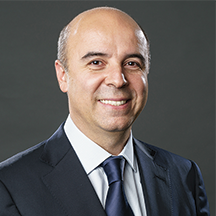Taxation in MENA: composition, trends and policy options
Governments in the Middle East and North Africa face great uncertainty in estimating the ramifications of the pandemic for their tax revenues in the coming years. Using both the most recent available data and historic data from the 2008 global recession, this column analyses the impact that Covid-19 may have on taxation in the region and outlines options for tax policy reform.


